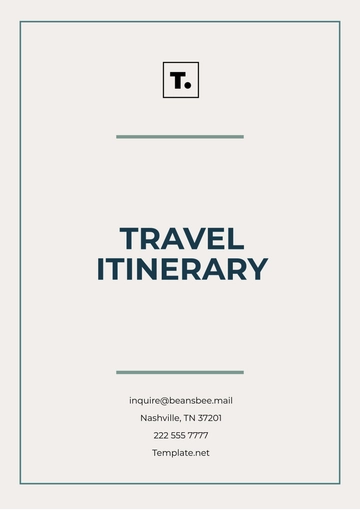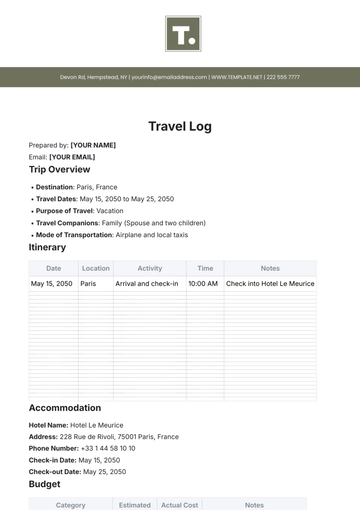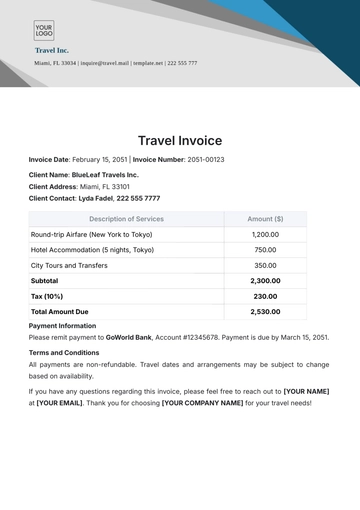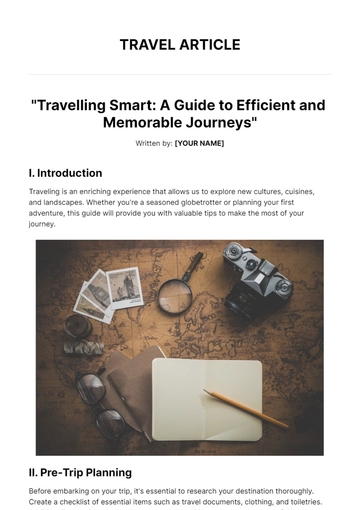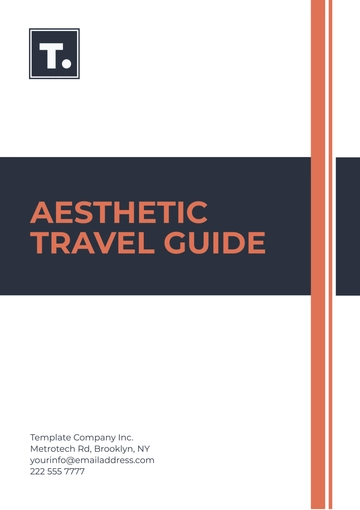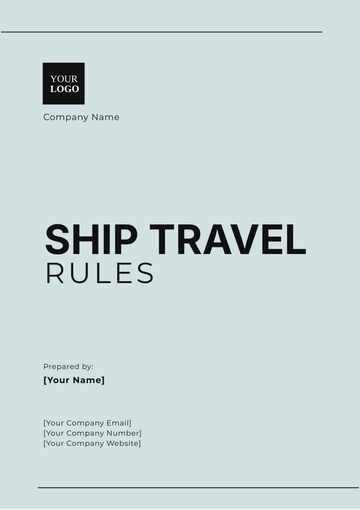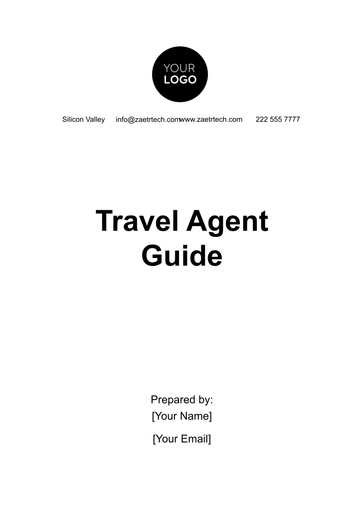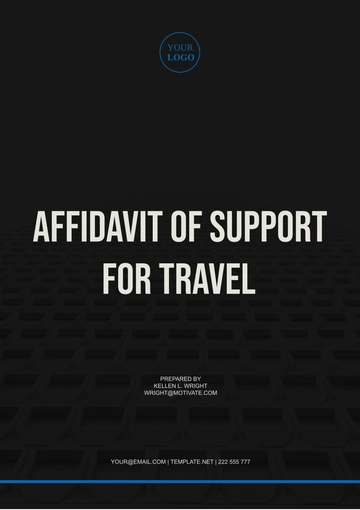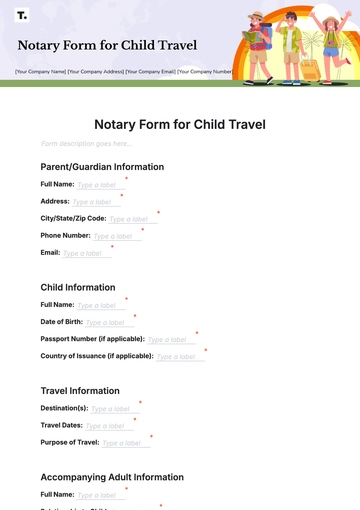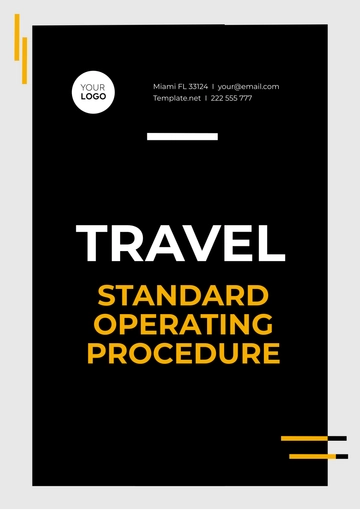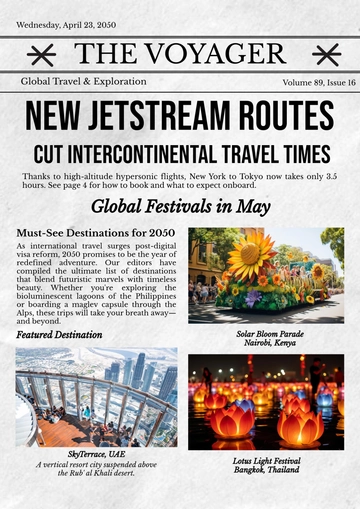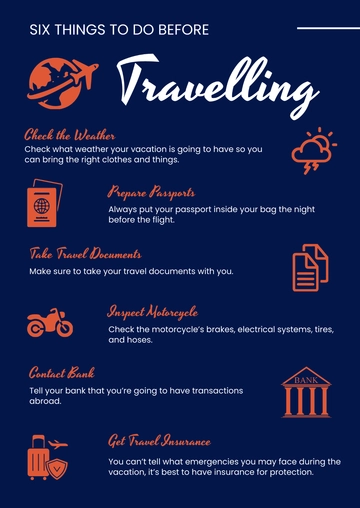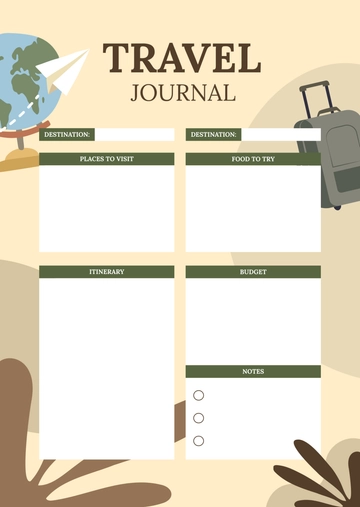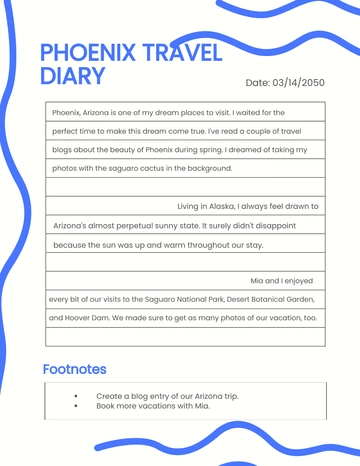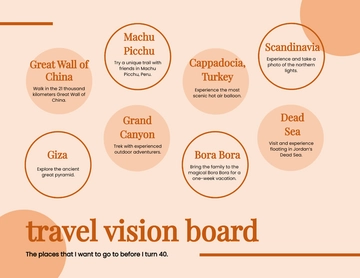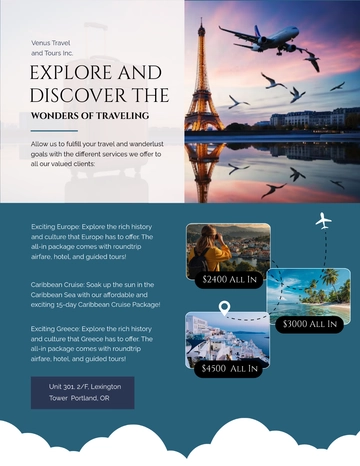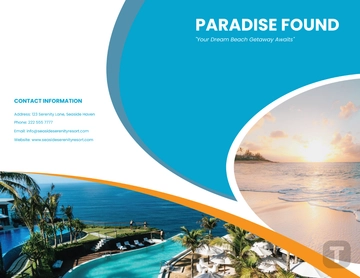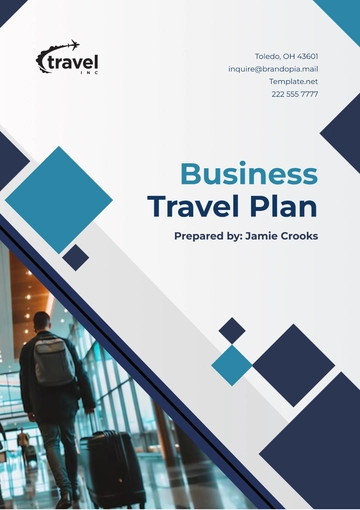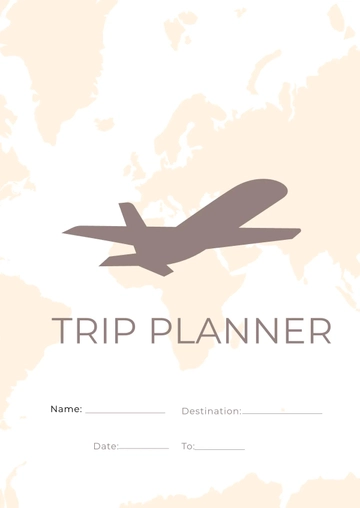Free Car Rental Quality Service Strategy
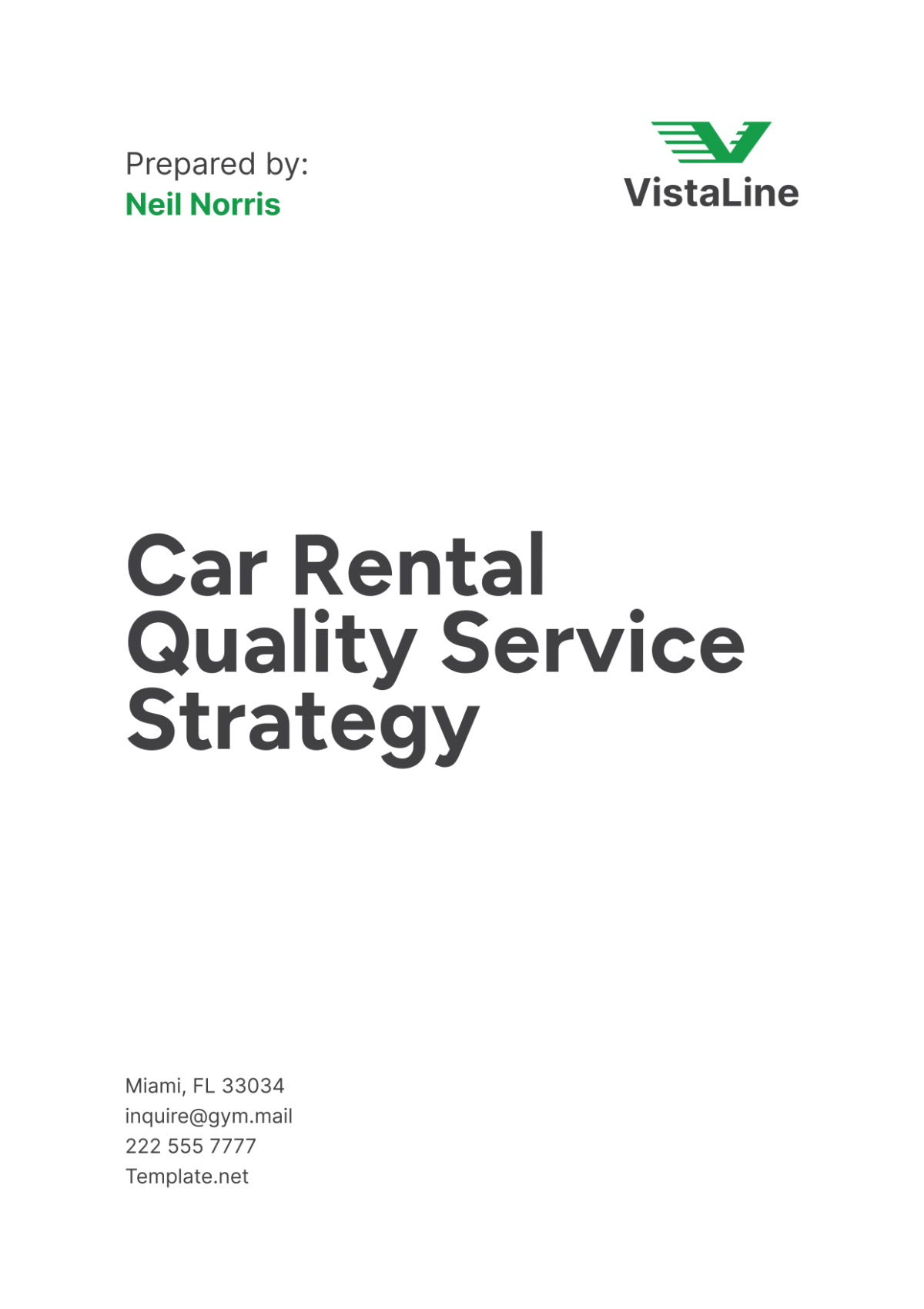
I. Executive Summary
[Your Company Name] is dedicated to delivering superior car rental services characterized by exceptional customer satisfaction and operational excellence. This strategy outlines a comprehensive framework aimed at achieving and maintaining high service standards in the competitive car rental industry. By focusing on customer-centric initiatives, advanced technological integration, and continuous improvement, [Your Company Name] aims to enhance its market position and ensure sustainable growth.
II. Introduction
A. Purpose of the Strategy
The primary objective of this strategy is to establish clear guidelines and initiatives that will enable [Your Company Name] to consistently provide outstanding car rental services. By focusing on customer satisfaction, operational efficiency, and continuous improvement, this strategy aims to strengthen our market position and enhance overall service quality. Through systematic implementation of best practices and innovative approaches, we seek to set new benchmarks in the car rental industry.
B. Scope
This strategy encompasses all facets of [Your Company Name]'s car rental operations, including customer service, vehicle maintenance, employee training, technological integration, and customer relationship management. It applies to all staff members involved in these areas, ensuring a unified approach to service excellence across the organization. By outlining specific objectives and actionable strategies, this scope ensures that every aspect of our operations contributes to our overarching goals of customer satisfaction and operational efficiency.
C. Objectives
Increase Customer Satisfaction: By implementing personalized service approaches and efficient operational processes, we aim to achieve a 20% increase in customer satisfaction ratings within the next year. This will be measured through regular customer feedback surveys and service quality assessments.
Optimize Vehicle Reliability: Our goal is to reduce vehicle downtime by 15% through proactive maintenance schedules and swift repair services. This initiative not only enhances customer experience but also improves fleet efficiency and reduces operational costs.
Enhance Employee Competence: We plan to improve employee training programs to elevate service quality by 10%. By investing in continuous learning and development, we ensure that our staff members possess the necessary skills and knowledge to deliver exceptional service consistently.
Integrate Advanced Technologies: By leveraging cutting-edge technologies, such as AI-driven booking systems and fleet management solutions, we aim to streamline operations and enhance service delivery efficiency. These technologies will enable us to offer seamless booking experiences, real-time vehicle tracking, and personalized customer interactions.
III. Service Quality Framework
A. Customer Service Excellence
1. Customer Service Standards
[Your Company Name] is committed to establishing and maintaining rigorous customer service standards. These standards will define expected response times, communication protocols, and service quality benchmarks. By adhering to these standards, we ensure consistent and exceptional service experiences for every customer interaction. Our commitment to responsiveness and professionalism will set us apart in the competitive rental market.
2. Training and Development
Continuous investment in employee training and development is crucial to achieving our service excellence goals. Training programs will focus on enhancing customer service skills, problem-solving abilities, and knowledge of company policies and procedures. Through regular workshops, simulations, and on-the-job training, our staff will be empowered to handle diverse customer needs and deliver personalized solutions.
3. Feedback and Improvement
A robust feedback mechanism will be implemented to capture customer insights and suggestions. Customer feedback will be regularly analyzed to identify trends, areas for improvement, and opportunities to enhance service delivery. Actionable insights derived from customer feedback will drive continuous improvement initiatives across all service touchpoints. By listening to our customers and adapting our services based on their feedback, we demonstrate our commitment to exceeding expectations and fostering long-term loyalty.
B. Vehicle Maintenance and Management
1. Regular Maintenance Schedules
Ensuring the reliability and safety of our rental fleet is paramount. We will adhere strictly to comprehensive maintenance schedules that include routine inspections, oil changes, tire rotations, and brake system checks. These proactive maintenance practices will minimize vehicle downtime, optimize performance, and extend the lifespan of our vehicles. By investing in preventive maintenance, we mitigate risks, enhance operational efficiency, and uphold our commitment to vehicle safety and reliability.
Maintenance Task | Frequency | Responsible Team |
|---|---|---|
Oil Change | Every 5,000 miles | Maintenance Department |
Tire Inspection | Monthly | Maintenance Department |
Brake System Check | Every 10,000 miles | Maintenance Department |
Engine Diagnostic | Quarterly | Technical Team |
2. Quality Control
To maintain high standards of vehicle quality, we will implement rigorous quality control measures. This includes thorough pre-rental inspections and post-rental checks to ensure that every vehicle meets safety and performance criteria before and after each rental period. By adhering to strict quality control protocols, we enhance customer satisfaction and operational efficiency. Our commitment to vehicle quality and reliability will instill confidence in our customers and strengthen our reputation as a trusted rental provider.
3. Fleet Management System
An advanced fleet management system will be deployed to monitor and manage our rental fleet effectively. This system will provide real-time insights into vehicle availability, maintenance histories, and operational statuses. By optimizing fleet utilization and scheduling, we can minimize downtime, improve resource allocation, and enhance overall fleet management efficiency. The integration of advanced technology will enable us to respond swiftly to customer demands, maximize operational performance, and deliver seamless rental experiences.
C. Employee Engagement and Performance
1. Recruitment and Selection
[Your Company Name] will employ a meticulous recruitment process to attract and select qualified candidates who embody our commitment to service excellence. Screening procedures will include thorough background checks, skills assessments, and interviews to ensure that we onboard employees who are dedicated to delivering exceptional customer service. By recruiting talented individuals who share our values and vision, we strengthen our workforce and reinforce our service-oriented culture.
2. Performance Appraisal
A structured performance appraisal system will be implemented to evaluate employee performance objectively. Key performance indicators (KPIs) such as customer feedback ratings, service delivery times, and adherence to operational protocols will be used to assess individual and team performances. Regular performance reviews and feedback sessions will provide employees with opportunities for growth, recognition, and continuous improvement. By fostering a culture of accountability and excellence, we empower our employees to excel in their roles and deliver superior service to our customers.
Employee KPI | Target | Measurement Method |
|---|---|---|
Customer Satisfaction | Achieve 90% positive feedback | Customer Surveys |
Service Delivery Time | Maintain average of 15 minutes per rental | Transaction Records |
Protocol Adherence | Maintain 95% compliance | Supervisory Reviews |
3. Reward and Recognition
Recognizing and rewarding employee contributions is essential to maintaining high morale and motivation. [Your Company Name] will implement a comprehensive reward and recognition program that acknowledges outstanding performance, customer service excellence, and adherence to company values. Incentives may include performance-based bonuses, awards, career development opportunities, and public recognition within the organization. By celebrating achievements and fostering a culture of appreciation, we inspire our employees to deliver their best and exceed customer expectations.
D. Technological Integration
1. Online Booking System
An efficient and user-friendly online booking system will be developed to enhance customer convenience and accessibility. The system will offer real-time availability updates, instant reservation confirmations, secure payment processing, and personalized booking options. By leveraging advanced booking technologies, we aim to streamline the reservation process and improve overall customer satisfaction. Our commitment to innovation and technology will redefine the rental experience, making it easier and more enjoyable for customers to book their preferred vehicles seamlessly.
2. Mobile Application
[Your Company Name] will launch a mobile application designed to offer customers seamless access to rental services on the go. The app will feature intuitive navigation, booking management tools, GPS tracking of rental vehicles, and 24/7 customer support. By integrating mobile technology into our service offerings, we enhance customer engagement, convenience, and satisfaction. The mobile app will empower customers to manage their rentals effortlessly, track vehicle locations, and receive real-time updates, ensuring a smooth and efficient rental experience wherever they go.
3. Data Analytics
Harnessing the power of data analytics will enable [Your Company Name] to gain valuable insights into customer behavior, preferences, and trends. Advanced analytics tools will be used to analyze rental patterns, customer feedback, operational efficiencies, and market trends. By leveraging data-driven insights, we can make informed decisions, optimize service offerings, and proactively address customer needs and expectations. Our commitment to data-driven decision-making will drive continuous improvement, innovation, and strategic growth initiatives across all aspects of our business.
E. Customer Relationship Management
1. CRM System
Implementing a robust Customer Relationship Management (CRM) system will enable [Your Company Name] to manage and nurture customer relationships effectively. The CRM system will centralize customer data, track interactions, and personalize communication strategies based on individual preferences and rental histories. By leveraging CRM technology, we can enhance customer engagement, loyalty, and satisfaction. The CRM system will enable us to anticipate customer needs, deliver personalized service experiences, and build long-lasting relationships that drive repeat business and customer advocacy.
2. Loyalty Programs
To reward and retain loyal customers, [Your Company Name] will introduce tiered loyalty programs with exclusive benefits and rewards. Customers will earn points or rewards for frequent rentals, referrals, and participation in promotional offers. Benefits may include discounts on rentals, complimentary upgrades, priority reservations, and personalized service enhancements. By incentivizing loyalty and recognizing customer value, we strengthen customer relationships and foster brand loyalty. The loyalty programs will encourage repeat business, drive revenue growth, and differentiate [Your Company Name] in the competitive rental market.
Loyalty Tier | Qualification Criteria | Benefits Offered |
|---|---|---|
Silver | 5 rentals per year | 5% discount on rentals |
Gold | 10 rentals per year | 10% discount + free upgrade |
Platinum | 20 rentals per year | 15% discount + 2 free days |
3. Personalized Communication
Developing personalized communication strategies will enable [Your Company Name] to engage customers effectively and build stronger relationships. Tailored communications, such as targeted emails, SMS notifications, and special offers based on customer preferences and behaviors, will enhance customer satisfaction and loyalty. By delivering relevant and timely messages, we can increase customer engagement and drive repeat business. Our commitment to personalized communication ensures that every interaction with [Your Company Name] is meaningful, memorable, and aligned with customer expectations.
IV. Implementation Plan
A. Timeline
The implementation of this service quality strategy will be phased to ensure systematic deployment and effective integration of initiatives. A detailed timeline will guide the rollout of key activities, from initial planning and system setup to full-scale execution and ongoing evaluation.
Phase | Duration | Key Activities |
|---|---|---|
Phase 1: Planning | 3 months | Strategy development, goal setting |
Phase 2: Implementation | 6 months | System setup, employee training |
Phase 3: Execution | 12 months | Launch of initiatives, monitoring |
Phase 4: Evaluation | Ongoing | Performance review, continuous improvement |
B. Resource Allocation
[Your Company Name] will allocate adequate resources to support the successful implementation of the service quality strategy. This includes financial investments, staffing requirements, and technological infrastructure enhancements. By prioritizing resource allocation based on strategic objectives and operational needs, we ensure that our initiatives are effectively supported and implemented.
Resource Type | Allocation Amount |
|---|---|
Budget | $2,000,000 |
Personnel | 50 dedicated staff members |
Technology | $500,000 |
C. Monitoring and Evaluation
A robust monitoring and evaluation framework will be established to track progress, measure outcomes, and identify areas for enhancement. Key metrics and measurement tools will be utilized to assess performance, evaluate effectiveness, and drive continuous improvement across all aspects of our service quality strategy.
Monitoring Metric | Measurement Tool | Frequency |
|---|---|---|
Customer Satisfaction | Surveys | Monthly |
Vehicle Downtime | Fleet management reports | Quarterly |
Employee Performance | Performance appraisals | Bi-annually |
Technological Efficiency | System analytics | Annually |
V. Risk Management
A. Risk Identification
Identifying potential risks is critical to mitigating their impact on service quality and operational efficiency. By proactively identifying risks, assessing their potential impact, and developing mitigation strategies, [Your Company Name] can minimize disruptions and maintain high standards of service delivery.
Risk Factor | Impact Level | Mitigation Strategy |
|---|---|---|
Technical Failures | High | Regular maintenance, backup systems |
Staff Turnover | Medium | Employee retention strategies, cross-training |
Market Competition | High | Differentiation strategies, customer loyalty programs |
Regulatory Changes | Low | Compliance monitoring, legal counsel support |
B. Contingency Planning
Developing contingency plans will enable [Your Company Name] to respond effectively to unforeseen events and maintain service continuity. By anticipating potential challenges, outlining response protocols, and ensuring readiness, we can minimize disruptions and uphold our commitment to exceptional service delivery.
Contingency Scenario | Action Plan |
|---|---|
System Outage | Activate backup systems, notify customers |
Vehicle Shortage | Partner with other rental providers, prioritize bookings |
Staff Shortage | Implement temporary staffing solutions, adjust schedules |
VI. Continuous Improvement
A. Review Process
Regular reviews and assessments will be conducted to evaluate the effectiveness of our service quality strategy and identify opportunities for improvement. By systematically reviewing performance metrics, analyzing customer feedback, and soliciting input from stakeholders, [Your Company Name] can refine strategies, address challenges, and drive continuous improvement across all operational areas.
Review Type | Frequency | Responsible Party |
|---|---|---|
Customer Feedback Review | Monthly | Customer service team |
Performance Review | Quarterly | Human resources |
Strategic Review | Annually | Executive leadership |
B. Innovation and Adaptation
Embracing innovation and adapting to market dynamics will enable [Your Company Name] to stay ahead of industry trends and meet evolving customer expectations. By monitoring technological advancements, exploring new service offerings, and leveraging customer insights, we can innovate proactively, differentiate our brand, and maintain competitive advantage in the car rental industry.
1. New Technologies
Exploring emerging technologies, such as artificial intelligence (AI) and Internet of Things (IoT), will enhance service delivery, operational efficiency, and customer engagement. By investing in innovative technologies, [Your Company Name] can optimize processes, streamline operations, and deliver superior service experiences that exceed customer expectations.
2. Market Trends
Continuous monitoring of market trends and customer preferences will inform strategic adjustments and enhancements to our service offerings. By staying informed about industry developments, consumer behavior patterns, and competitive dynamics, [Your Company Name] can adapt swiftly, capitalize on emerging opportunities, and maintain relevance in a rapidly evolving marketplace.
VII. Conclusion
The Car Rental Quality Service Strategy of [Your Company Name] reflects our unwavering commitment to excellence, innovation, and customer-centricity. By prioritizing customer satisfaction, investing in employee development, leveraging advanced technologies, and maintaining rigorous quality standards, we aim to set new benchmarks in the car rental industry. Through strategic planning, systematic implementation, and continuous evaluation, [Your Company Name] will not only strengthen its market position but also foster enduring customer relationships and sustainable business growth. This strategy underscores our dedication to delivering exceptional service experiences that exceed customer expectations and drive long-term success. As we embark on this journey, [Your Company Name] remains steadfast in its pursuit of service excellence, operational efficiency, and customer delight.
- 100% Customizable, free editor
- Access 1 Million+ Templates, photo’s & graphics
- Download or share as a template
- Click and replace photos, graphics, text, backgrounds
- Resize, crop, AI write & more
- Access advanced editor
Define your quality service strategy with the Car Rental Quality Service Strategy Template from Template.net. It's editable and customizable, empowering you to set high service standards. Use our Ai Editor Tool to adapt strategies for consistent, exceptional customer experiences.
